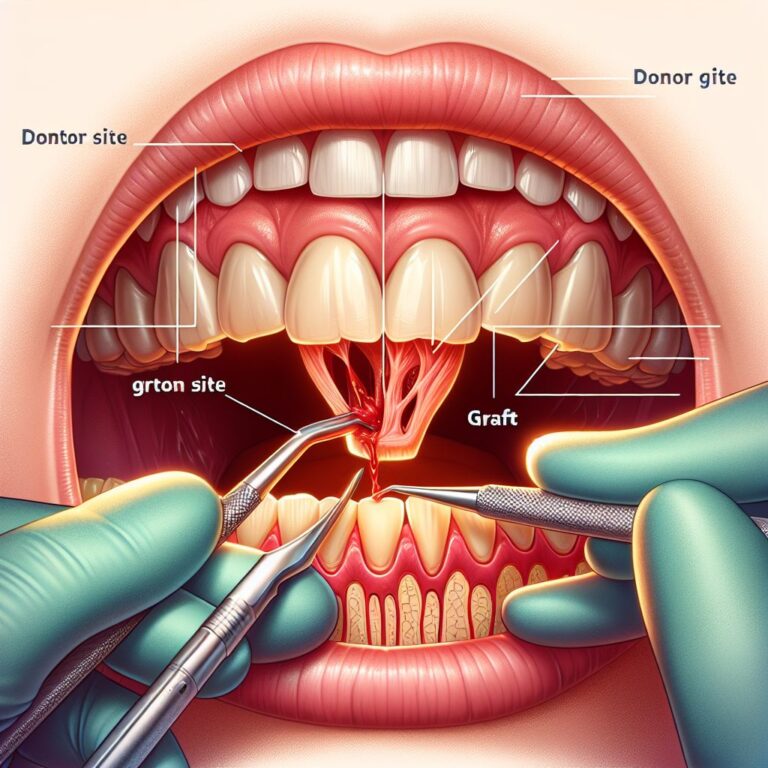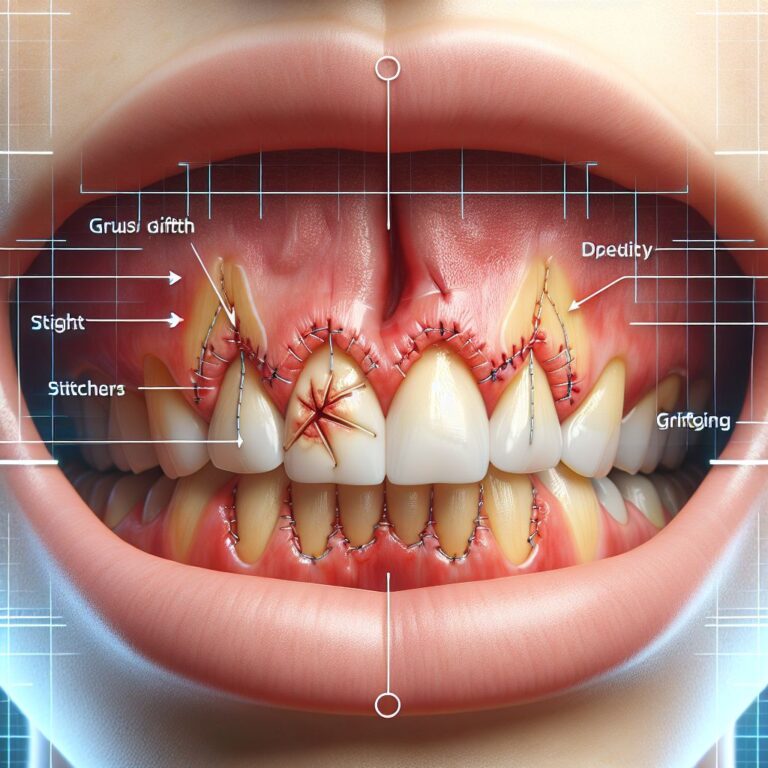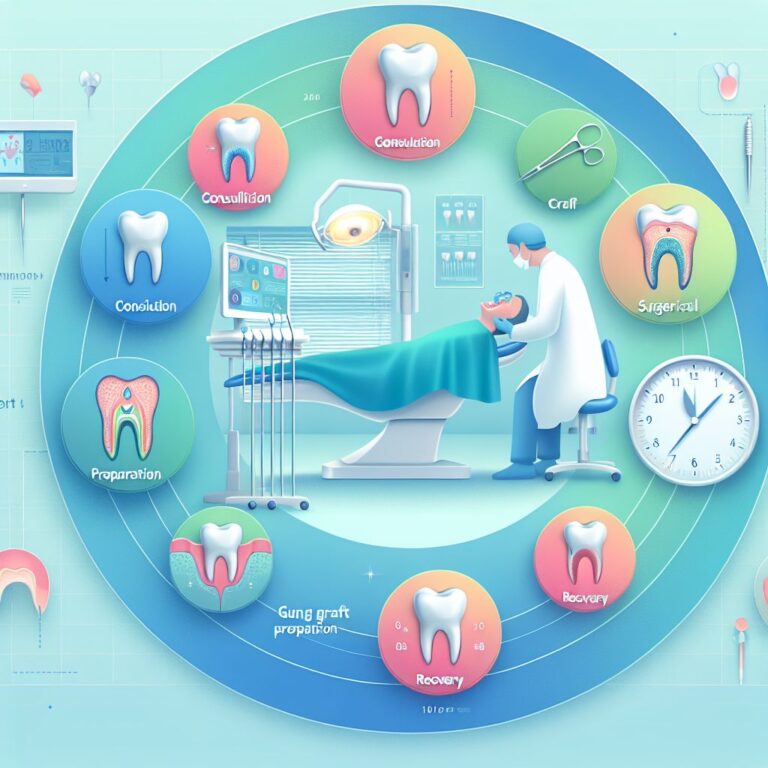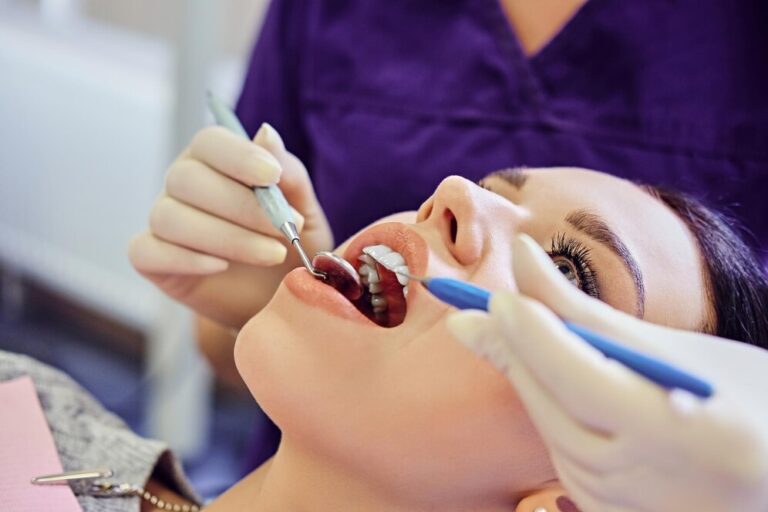Teeth grinding and temporomandibular joint (TMJ) disorders can cause significant discomfort, lead to oral health issues, and affect the overall quality of life for Broomfield residents. As a dedicated dental service provider specializing in gum care, preventive treatments, and dental surgical procedures in Colorado, Colorado Gum Care Broomfield, CO is committed to helping Broomfield patients understand the causes and symptoms of teeth grinding and TMJ disorders and providing them with effective treatment options to ensure their optimal oral health and wellbeing. In today’s blog, we’ll explore the intricacies of teeth grinding and TMJ disorders, focusing on the possible causes, common symptoms, and various treatment options available at Colorado Gum Care Broomfield, CO.
Join us as we delve into the world of teeth grinding and TMJ disorders, and learn how the expert team at Colorado Gum Care Broomfield, CO can help Broomfield residents navigate their journey towards optimal oral health and a pain-free smile.
Causes and Risk Factors for Teeth Grinding and TMJ Disorders
Several factors can contribute to the development of teeth grinding and TMJ disorders. Understanding these causes and risk factors is essential for effectively addressing and managing these conditions. Some common causes and risk factors include:
1. Stress and Anxiety: High levels of stress and anxiety are often associated with teeth grinding, as many individuals unconsciously clench their jaw or grind their teeth in response to tension and emotional strain.
2. Misaligned Teeth or Bite: Malocclusion, or misaligned teeth and bite, can cause undue stress on the temporomandibular joint and lead to the development of TMJ disorders.
3. Sleep Apnea: Individuals with sleep apnea or other sleep disorders may be more likely to grind their teeth during sleep, resulting in excessive wear and potential damage to both the teeth and jaw joints.
4. Arthritis: Osteoarthritis or rheumatoid arthritis in the temporomandibular joint can cause inflammation and degradation of the joint, potentially leading to TMJ disorders.
Recognizing Symptoms of Teeth Grinding and TMJ Disorders
Early detection of teeth grinding and TMJ disorders is crucial for effective treatment and preserving overall oral health. Common symptoms associated with these conditions include:
1. Jaw Pain or Soreness: One of the most common symptoms of teeth grinding and TMJ disorders is persistent pain or soreness in the jaw joint and surrounding muscles.
2. Tooth Wear: Excessive tooth wear or tooth sensitivity can be an indicator of habitual teeth grinding, which can cause irreparable damage to the tooth enamel and, potentially, the underlying dentin.
3. Clicking or Popping Sounds: A clicking or popping sound when opening or closing the jaw is a possible sign of a TMJ disorder, indicating disruptions in the normal function of the jaw joint.
4. Difficulty Chewing or Speaking: TMJ disorders can cause discomfort or difficulty when chewing or speaking, as the jaw joint’s movement may be hindered, stiff, or painful.
Treatment Options for Broomfield Residents
The expert team at Colorado Gum Care Broomfield, CO offers a wide variety of treatment options for Broomfield residents experiencing teeth grinding and TMJ disorders. These options are tailored to the unique needs of each patient and may include:
1. Oral Appliance Therapy: Custom-fitted oral appliances, such as night guards or splints, can help protect the teeth from excessive grinding and reduce the strain on the jaw joints.
2. Orthodontic Treatment: Addressing misaligned teeth or bite issues with orthodontic treatment, such as braces or Invisalign, can alleviate stress on the jaw joints and reduce the risk of developing TMJ disorders.
3. Medications: In some cases, medications may be prescribed to help manage pain and inflammation associated with TMJ disorders. Pain relievers, muscle relaxants, and anti-inflammatory medications may be recommended as part of a comprehensive treatment plan.
4. Physical Therapy: Strengthening and stretching exercises designed to improve jaw joint function and relieve tension in the surrounding muscles can help alleviate TMJ disorder symptoms and prevent further complications.
5. Minimally Invasive Procedures: In certain cases, minimally invasive procedures, such as trigger point injections or arthrocentesis, can provide relief for those experiencing pain and inflammation related to TMJ disorders.
Additional Tips for Managing Teeth Grinding and TMJ Disorders
In addition to the treatments available at Colorado Gum Care Broomfield, CO, Broomfield residents can also take proactive steps to manage teeth grinding and TMJ disorders, such as:
1. Stress Management Techniques: Incorporating relaxation and stress management techniques, such as deep breathing, meditation, or yoga, can help reduce the likelihood of teeth grinding and improve overall wellbeing.
2. Improved Sleep Habits: Establishing and maintaining a healthy sleep routine can reduce teeth grinding and other sleep-related oral health issues. Aim for at least 7-9 hours of sleep each night and avoid caffeine or alcohol close to bedtime.
3. Hot or Cold Therapy: Applying hot or cold packs to the jaw joint area can help alleviate pain and swelling associated with TMJ disorders.
4. Proper Posture and Support: Maintaining proper posture, especially when sitting for long periods, can help reduce strain on the neck, shoulders, and jaw muscles, potentially reducing TMJ-related discomfort.
Conclusion
Teeth grinding and TMJ disorders can significantly impact Broomfield residents’ oral health and quality of life. By understanding the causes, symptoms, and available treatment options, individuals can effectively address these issues and restore their oral health. Trust the expertise of Colorado Gum Care Broomfield, CO to provide personalized care and guidance through the treatment process, ensuring your path to a pain-free smile and optimal oral health. Consult a dentist in Broomfield today!







